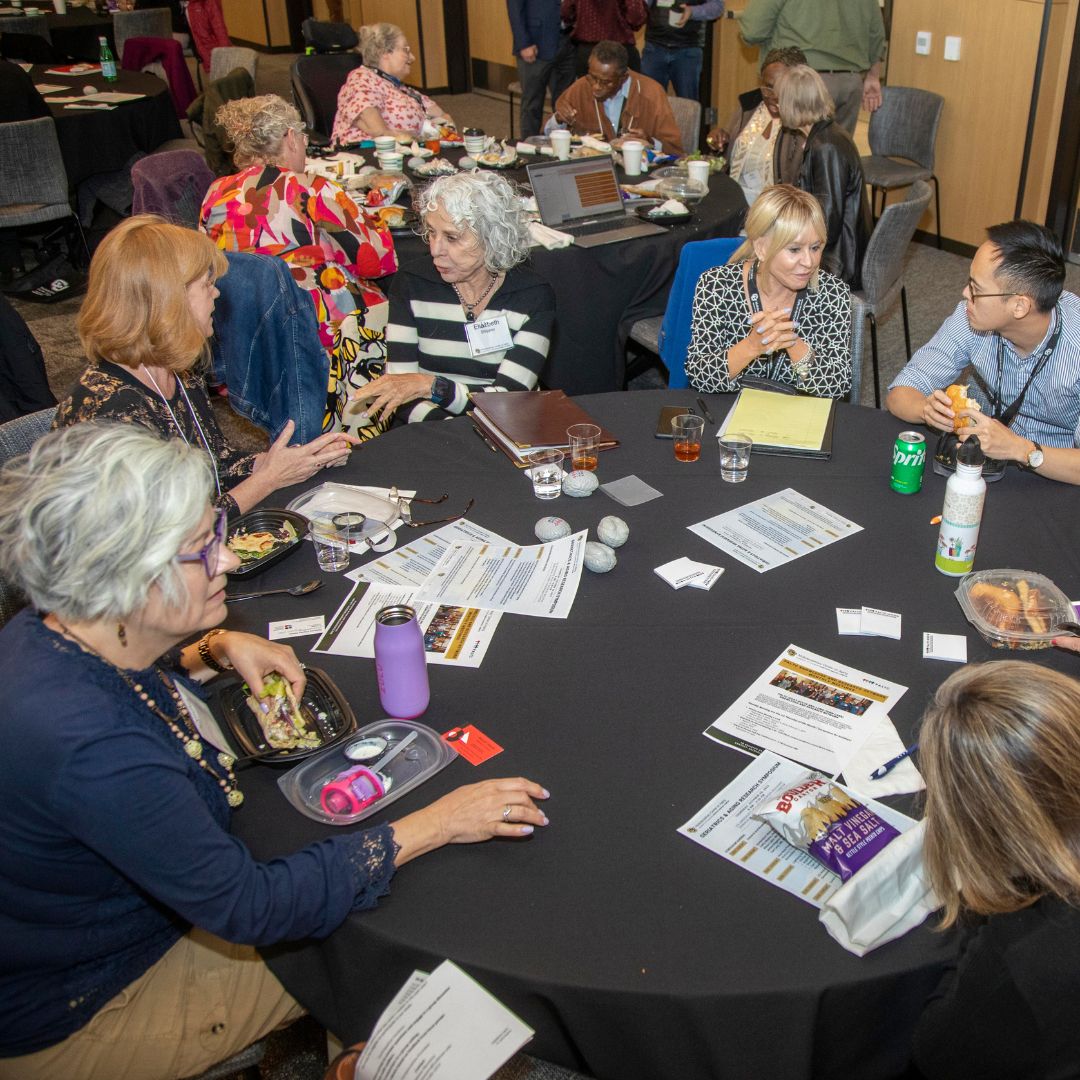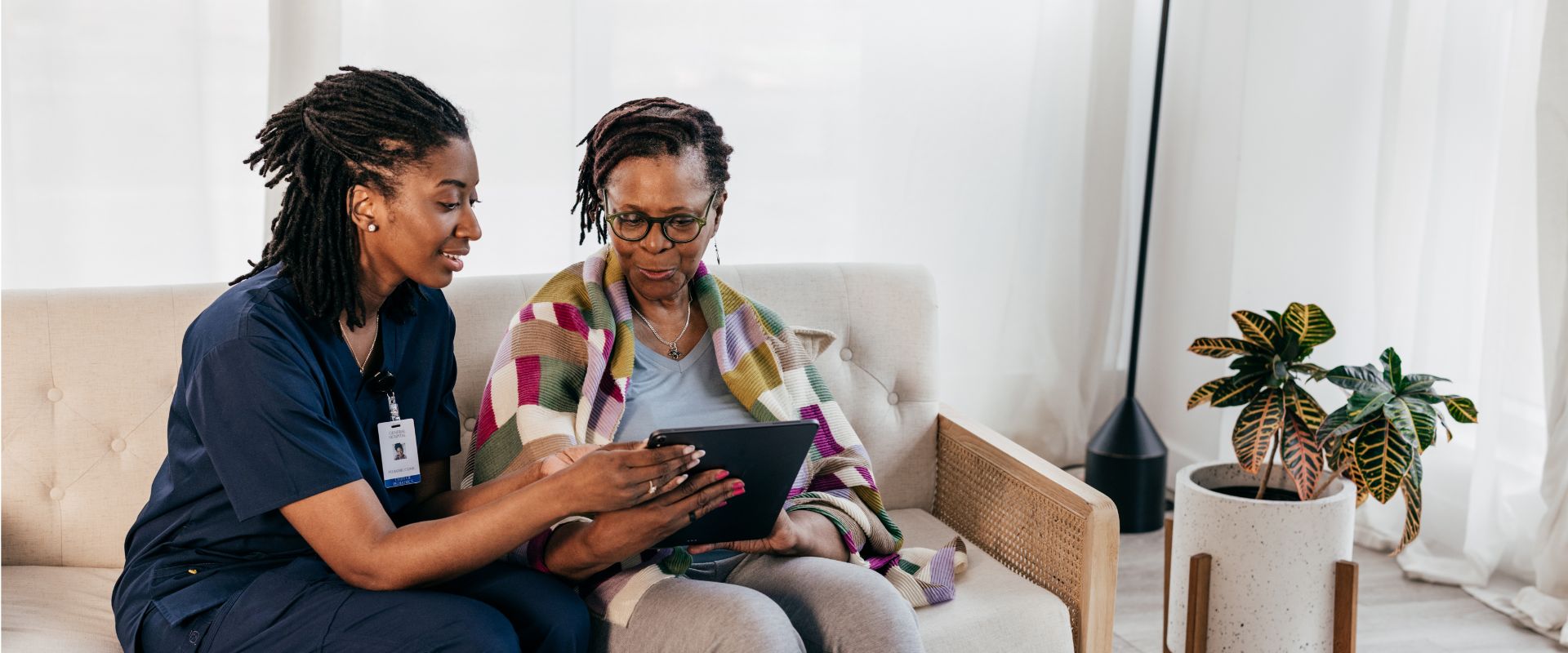Older Adult Research Specialists (OARS)
Older adults continue to be underrepresented in research and clinical trials, which contributes to health disparities and hinders progress in achieving equal healthcare for all. In general, older adults, as well as older adults, from historically marginalized groups, those living in rural areas, and those with less formal education are not as well represented in research areas. The Older Adult Research Specialist program aims to provide resources for both community members and researchers to better include these older adults to help aid the future of aging research.
About the OARS Program
Older Adult Research Specialists are members from the community who have been trained in the OARS program to and are eligible for hire to join research teams to provide peer-to-peer connection between the older adult community and research. The OARS participate in a 14-week training program, including health navigation and research fundamentals. The MCoA is seeking to engage diverse older adults who can help researchers more effectively connect and community with people like yourself – your peers.

OARS Are Available to Hire for Your Work!
Are you a clinician, educator or researcher looking for outreach assistance or increased participation on your study or trial? By hiring an OAR, you can increase your outreach and messaging, and potentially increase older adult participation in your work.

Community Health Worker Training
Community Health Worker training is the first half of the OARS program, and can be completed separately for those who wish to earn Health Navigator credentials. Those who complete the Community Health Worker training are also eligible for additional training to serve as older adult research specialists.
A community health worker (also known as a patient navigator or resource navigator) is a member of a health care team who helps individuals overcome barriers to quality care. They address barriers including access to health care, insurance or lack thereof, poor health literacy, transportation, child care and more.
Community health workers usually are trusted members of the community they serve and have an understanding of the community served, often due to shared lived experiences.